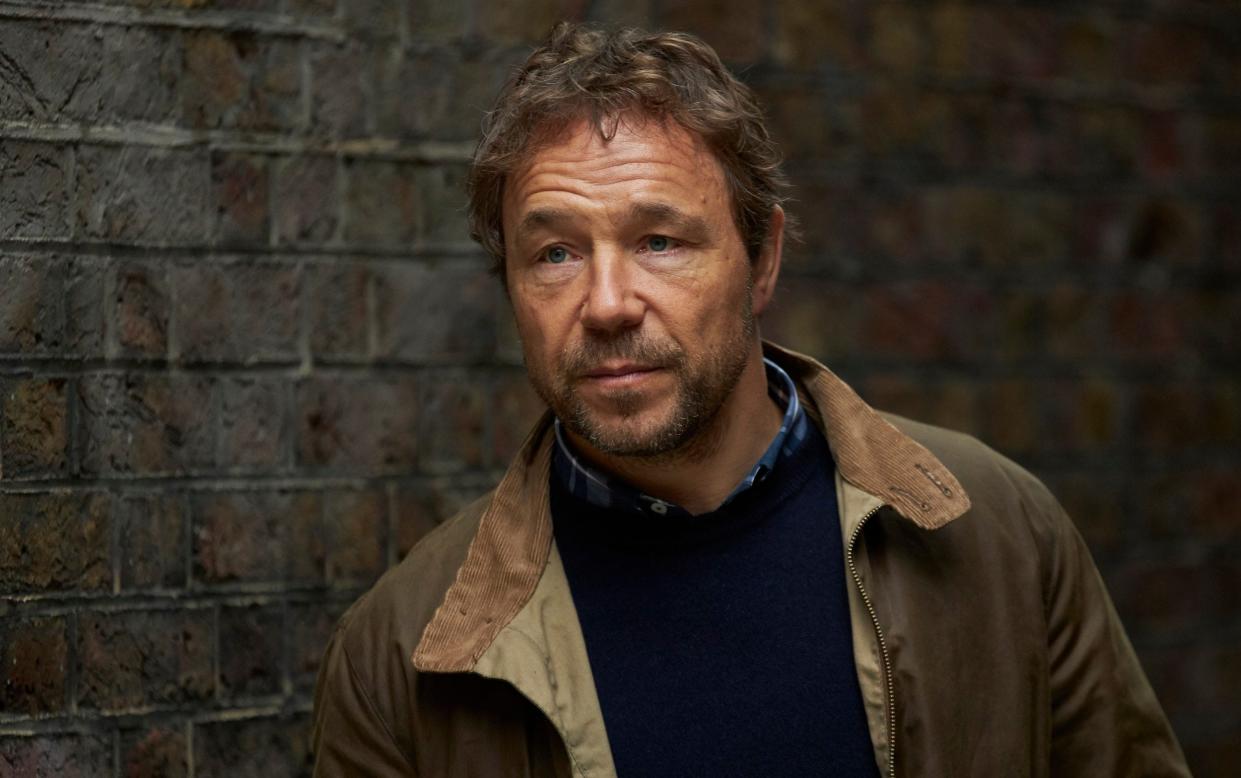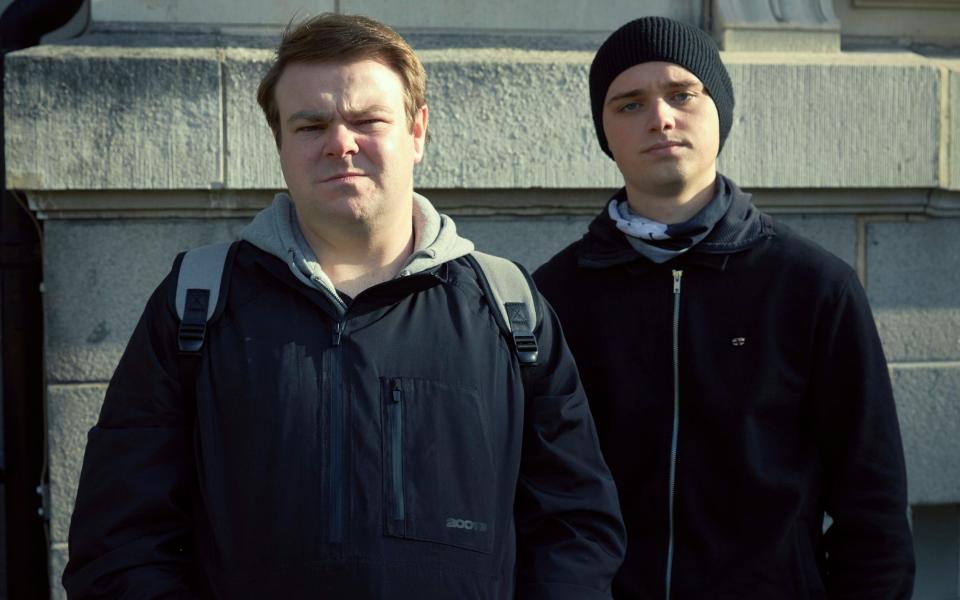The Walk-In, review: Stephen Graham is faultless, but this neo-Nazi drama misses the mark

- Oops!Something went wrong.Please try again later.
- Oops!Something went wrong.Please try again later.
Any drama starring Stephen Graham is going to be good, isn’t it? That’s just the default setting. He’s a brilliant actor. And The Walk-In (ITV) is written by Jeff Pope, who specialises in sensitively handled true-crime adaptations, such as Four Lives. What could go wrong?
Well, having watched all five episodes, I think this one misses the mark. Pope has taken Britain’s far-Right hate groups as his subject matter, prompted by the murder of Jo Cox and a plot to murder another Labour MP, Rosie Cooper, with a machete. Graham plays Matthew Collins, a former member of the National Front and the neo-Nazi group Combat 18 who repented and now works for the anti-fascist charity Hope Not Hate.
The drama focuses on a real-life episode in which Collins handled an informant – or “walk-in” – within National Action, the first far-Right organisation since the Second World War to be banned by the government. They are plotting to start a race war, intent on violence, and say Hitler’s mistake was that he showed the Jews too much mercy.
The nuance here, such as it is, is that at least one of the recruits is not as straightforwardly evil as the rest. Robbie Mullen (Andrew Ellis) is naive, easily manipulated and dim enough to believe the group’s claims that Jews are withholding a cure for cancer. Unlike Collins, he doesn’t have a road-to-Damascus conversion – he may think murdering an MP is a step too far, but he still holds on to his unpleasant views.

Pope seems to think this is revelatory, when it’s surely pretty obvious that there are different paths to extremism. Nor is there any proper explanation as to how or why Collins turned his life around, save for a couple of flashbacks to his neo-Nazi days. The drama is strongest when it focuses on Collins’s family life, and the damaging effect of his single-minded commitment to Hope Not Hate – constantly moving home and uprooting his kids from school when their address is compromised. Graham, as usual, turns in a faultless performance, although Ellis has the better role.
The use of racist slurs by the group’s members is realistic, clearly, but is it really necessary to have a bunch of neo-Nazis throwing around the word “P--i” on primetime TV? Pope seems to have considered the effect of those words in dramatic terms, but not their potential effect on the audience.
It is well-acted, and efficiently explains how the “walk-in” operation was run and the Rosie Cooper plot was exposed. But there simply isn’t enough tension here. The identity of the mole is revealed by episode two, we never feel he is in a great amount of danger, and it all builds to an underwhelming courtroom finale.

